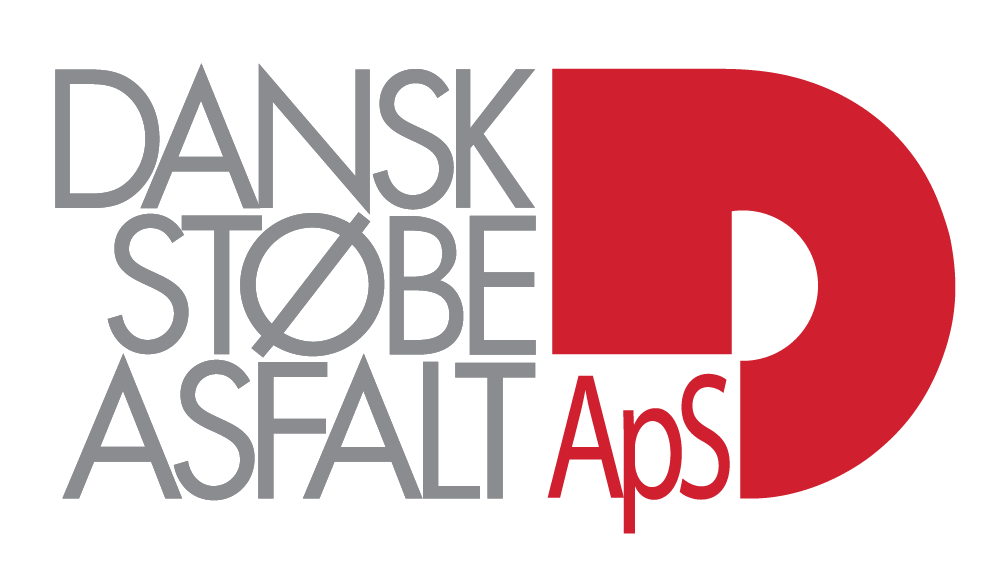A guarantee is a written agreement under which a guarantor will assume the borrower`s loan payment obligations if the borrower defaults. If a loan is not secured by any form of collateral, lenders will need a personal guarantee from the borrower or third-party guarantor. The UCC acknowledges that the description by type is not sufficient for tortious commercial claims, commodity accounts, warranty claims or consumer transactions. In general, anyone who holds a security right in personal property can register online for the PPSR. There are several requirements for registration, and they are as follows: Renewal of funding status. The secured party must periodically renew the financing statement to ensure that its registration remains valid. The secured party may also have to change the financing status if the debtor changes its name, participates in a merger or if the debtor transfers the security to a third party and the secured party wishes to retain its security on the transferred assets. It is impossible to use the assets already pledged as collateral to guarantee a new loan agreement. All parties to the agreement must pay close attention to the details of the general security agreement to ensure that each party is secure and that the information is legitimate and up-to-date. GSAs are great because: they can give you access to large sums of money and are relatively easy. If it is an asset for your business, it falls under the GSA, unless it is explicitly excluded either by an agreement with your lender or by a specific security agreement (more on that later). A conditional loan is a short-term business financing option in which real estate or land is used as collateral against the loan. A reservation is a legal document submitted by the lender on the secured property in the registry of the fundamental right and registry office of the State or territory.
SSAs are great because: You can get enough credit to buy a single device without having to use all of your company`s assets as collateral. Unlike a GSA, they do not cover future assets – only those specified in the original agreement. The GSA contract has a duration of five years. After five years, it becomes disabled and must be renewed every five years. It is very important to check all the information provided under the agreement in relation to the points presented. In the event of an error, the GSA automatically becomes invalid. The advantage of a GSA for the lender is that it does not have to list all the assets used as collateral. Another type of security agreement is called a specific security agreement. This type of agreement concerns one or more specific assets. If this agreement is signed by both parties, it must also be registered in the Personal Property Securities Registry (PPSR). The secured party must register a security notice created by a GSA by filing a financing statement with the relevant provincial personal property registry (PPR) and possibly also under the U.S.
Uniform Commercial Code or elsewhere, depending on the type of encumbered assets. The secured party may need to make multiple registrations in different provinces, depending on the type of secured assets, location and jurisdiction in which the debtor operates. Depending on the circumstances, a GSA that secures rents may need to be registered in the PPR in addition to the registration of the associated rent assignment in the land registry. With a general security agreement, a lender can efficiently and effectively obtain a security right in personal property. In the event that the borrower does not repay his loan or defaults, the lender may have the right to seize or sell the secured property. General Security Agreements (GSAs) are far-reaching agreements that cover an entire company. They are often used for a variety of different types of loans, including bank overdrafts and one-time large loans. When it comes to commercial borrowing, a GSA is usually provided by a company. However, other types of business units such as partnerships (general or limited), cooperatives and rarely individuals can also provide security for the GSA. The presence of a security arrangement and a possible lien on that security could affect the borrower`s ability to obtain more financing from other lenders.
The property that serves as collateral is tied to the terms of the first lender, which would mean that securing another loan against the same property would result in cross-collateral. In general, descriptions of warranties should “reasonably identify what is being described.” In the UCC are examples of reasonable description: assets that can be listed as security under a security agreement include product inventory, furnishings, equipment used by a company, furniture and real estate owned by the company. The borrower is responsible for maintaining the guarantee in good condition in case of default. .

Recent Comments